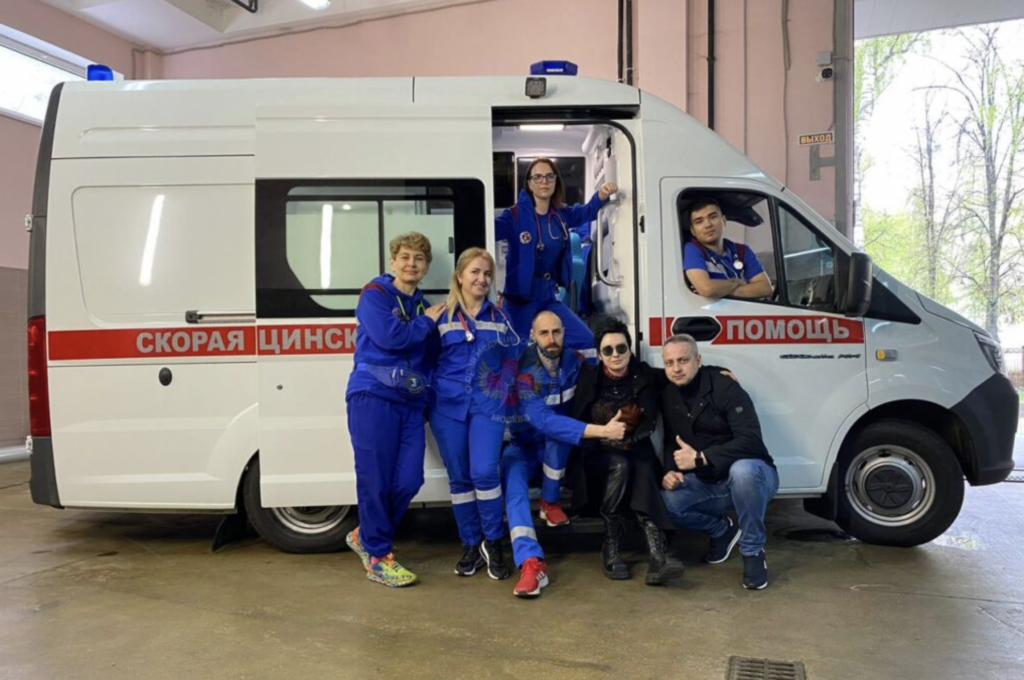
Every international student is told, when registering on their new university campus at the beginning of first year in the UK, to register with a GP. It’s a fairly simple form, doesn’t take too long, and reassures the student’s parents that their child will be provided with necessary medical care if at any point it is needed. However if the student is coming from a country such as Russia, where medical care is at the top of its game, the reassurance of registering with a GP may be a little misleading.
Emergency medical services and first aid are available for free to every Russian resident. People aren’t afraid to call an ambulance because it would cost them an unreasonable amount of money, they don’t put off going to the doctor, thinking that it will be no help either way, and they don’t have to call 111 every morning at 8 am, just to be put 16th in the waiting queue, in order to get a GP appointment.
“I remember I had very obvious signs of bronchitis for about two months, and wasn’t able to fully get rid of it until I went home for spring break, my GP never got in touch with me.”
Karolina Miroschnichenko
This student has had bronchitis and even pneumonia in her life before, and either way, their symptoms aren’t usually easily confused with less severe illnesses. Kaolina claims to have filled out multiple forms requesting a doctor’s appointment, emailed her GP, both times having nobody get back to her, called the GP office every day as soon as they opened, and still had nobody pick up for the first few days. Then, when someone finally did pick up the phone, she was told she was not registered with a GP there, even though she had physical proof that she was. She thought of how easily this problem would have been solved back at home in Russia, and how unfair it is, that she cannot get medical help she genuinely needs, just because she isn’t in her home country.
Another student came forward with his experience when he had an eye infection, due to a serious case of Covid-19. Antibiotics aren’t sold over the counter in pharmacies, which is a responsible rule. However students should not have to rely on black tea bags on their eyes (and other slavic home remedies) to somehow get rid of an eye infection.
“This was in the spring of my first year. I remember I called my mum to ask her what to do since I couldn’t get the antibiotics I needed, so she told me to at least get soothing eye drops, to see if they help with the irritation. She ended up having to mail be generic eye drops, as not only did I not have access to the medicine I needed, there was a whole shortage of any eye care medicine”
Ivan Alimirzoev
This student’s mother laughed at the beginning, wondering how he couldn’t find a single bottle of eye drops in the entire city, but the student has had to be very careful with his eye hygiene since then.
Public healthcare is free, and more importantly available for whoever requires it in Russia. From the bigger cities such as Moscow and St. Petersburg, where an ambulance is never more than 20 minutes away, to the smaller villages, where the only reason it takes longer is because the nearest hospital is further away. Five out of six Russian students interviewed regarding their experience with medical care in the UK, claimed they bring a box with any medicine they might need from home. Medicine that is a lot cheaper, proven to be effective, and morehow more available than that, which is in the country they are living in.